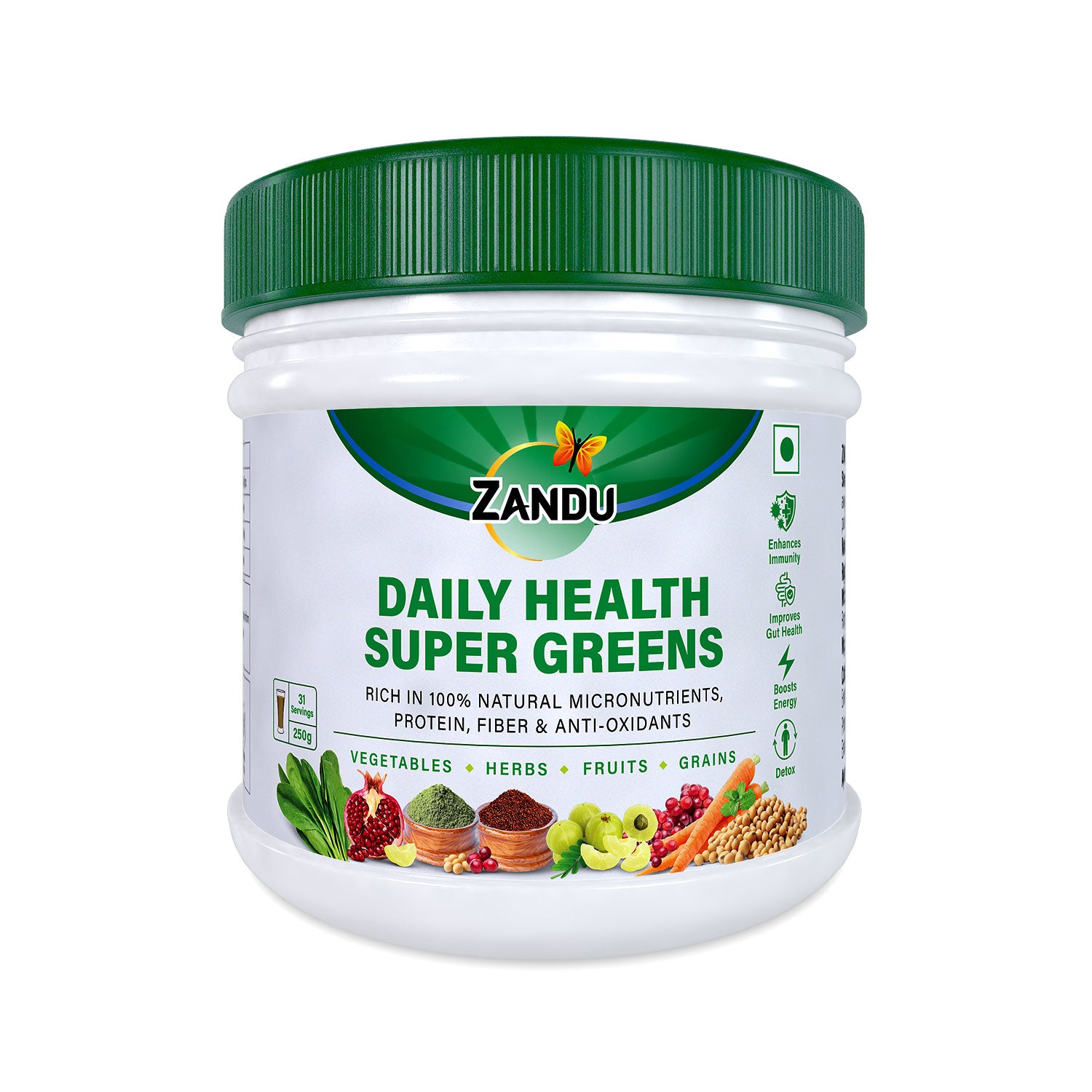Discover the Key to Food Digestion and Resistance With Digestive Tract Health And Wellness Assistance

Understanding Gut Wellness
Comprehending intestine health and wellness is critical for general wellness, as it plays a considerable duty in digestion, resistance, and also mental health and wellness. The digestive tract, comprising the stomach tract, is liable for damaging down food, absorbing nutrients, and expelling waste. A well balanced intestine setting makes sure efficient digestion, allowing the body to make use of nutrients efficiently.
Moreover, intestine wellness significantly affects the immune system. The digestive tract houses a considerable part of the body's immune cells, and a healthy and balanced gut can assist ward off virus and lower inflammation. Disturbances in intestine health and wellness can bring about an over active immune response, possibly contributing to autoimmune disorders and allergic reactions.
Furthermore, the gut is commonly referred to as the "second brain" as a result of the gut-brain axis, a complicated communication network linking the digestive tract and the brain. This connection affects mood, cognition, and psychological well-being. Concerns such as dysbiosis, characterized by an inequality in intestine microorganisms, have been connected with mental health problems, including anxiety and depression.
The Gut Microbiome Explained
The intestine microbiome, a varied neighborhood of microbes staying in the intestinal tract, plays a crucial function in maintaining digestive system health and overall well-being. Comprising trillions of germs, infections, fungi, and other germs, this complicated community help in the food digestion of food, the synthesis of important nutrients, and the guideline of metabolic procedures.
Each person's gut microbiome is special, influenced by variables such as diet regimen, lifestyle, genes, and ecological exposures. A balanced microbiome sustains ideal food digestion by damaging down complex carbohydrates, generating short-chain fats, and facilitating the absorption of nutrients. On the other hand, an inequality, commonly referred to as dysbiosis, can cause digestive disorders, including short-tempered bowel syndrome (IBS) and inflammatory digestive tract disease (IBD)
Study has actually demonstrated that a varied microbiome is related to much better wellness outcomes, highlighting the significance of dietary options in supporting these microorganisms. Foods rich in fiber, probiotics, and prebiotics, such as fruits, veggies, and fermented items, can advertise a healthy microbiome. Comprehending the intestine microbiome is important for establishing targeted treatments targeted at improving gastrointestinal health and wellness and protecting against gastrointestinal diseases.

Connection In Between Food Digestion and Immunity
A durable link exists between digestion and immunity, highlighting the crucial role of the intestine in preserving overall wellness. The intestinal system is home to trillions of microorganisms that create the gut microbiome, which substantially affects both immune reactions and digestion procedures. This complex community help in damaging down food, soaking up nutrients, and offering necessary metabolites that sustain immune feature.
When digestion is effective, the digestive tract obstacle continues to be undamaged, stopping harmful pathogens from entering the bloodstream (gut health supplement). On the other hand, bad food digestion can bring about an inequality in the microbiome, resulting in dysbiosis, which has been linked to various health issues, including autoimmune illness and inflammatory conditions. Moreover, around 70% of the body immune system lives in the gut-associated lymphoid cells (GALT), which engages carefully with the digestive tract microbiome. This interaction makes certain that the body immune system can successfully differentiate between damaging and advantageous substances.
Tips for Sustaining Digestive Tract Wellness
Supporting intestine health and wellness is vital for preserving both gastrointestinal performance and a well-functioning immune system. To cultivate optimal intestine my response health, think about incorporating a number of practical methods right into your everyday regimen.
First, prioritize hydration. Consuming ample water supports food digestion and helps preserve the mucosal cellular lining of the intestinal tracts. Furthermore, normal physical task can boost intestine motility and promote a varied microbiome.
Mindful eating methods are also crucial. Eating food completely and consuming gradually can aid food digestion and protect against overeating, which may emphasize the intestine. Handling anxiety via strategies such as reflection, yoga exercise, or deep-breathing workouts can favorably affect intestine health, as stress is known to disrupt gastrointestinal processes.
Integrating prebiotics and probiotics into your program is one more efficient technique. While certain foods will be gone over later, comprehending the relevance of these parts is essential. Prebiotics function as food for helpful intestine germs, while probiotics introduce online advantageous organisms.
Lastly, stay clear of extreme use of antibiotics, as they can interfere with the equilibrium of digestive tract vegetation. By adhering to these ideas, you can dramatically add to the maintenance of a healthy intestine, which is necessary for general health and vitality.
Foods That Promote Intestine Wellness

Fermented foods, such as yogurt, kefir, kimchi, and sauerkraut, are abundant in probiotics, which are valuable bacteria that sustain digestive tract flora and improve food digestion. These foods can aid bring back equilibrium in the gut, specifically after antibiotic usage or gastrointestinal disturbances.
In addition to fermented alternatives, prebiotic foods, such as garlic, onions, asparagus, and bananas, act as nutrition for these probiotics, promoting their development and activity. These soluble fibers sustain intestine motility and can alleviate concerns like irregular bowel movements.
Additionally, incorporating high-fiber foods, consisting of whole grains, veggies, legumes, and fruits, is crucial for preserving a healthy digestive tract. Fiber aids in routine bowel activities and helps stop gastrointestinal problems.
Finally, omega-3 fats found in fatty fish, flaxseeds, and walnuts have anti-inflammatory properties that can additionally go right here support digestive tract wellness. Emphasizing these foods in your diet regimen can cause a durable digestion system and improved immune feature.
Conclusion
Finally, focusing on gut health and wellness is essential for enhancing food digestion and boosting immunity. A balanced intestine microbiome, affected by dietary options and way of living factors, plays an important duty in nutrient absorption and inflammation reduction. Integrating fermented foods, prebiotics, and high-fiber alternatives, along with proper hydration and tension administration, can dramatically promote gut health. By adopting these approaches, people can support overall health and wellness and vigor, unlocking the possible advantages of a well-functioning gastrointestinal system.
Understanding intestine health is crucial for general well-being, as it plays a significant role in digestion, resistance, and also psychological health and wellness. The intestine houses a check my blog significant part of the body's immune cells, and a healthy and balanced digestive tract can help fend off pathogens and reduce swelling.Furthermore, the digestive tract is typically referred to as the "second brain" due to the gut-brain axis, an intricate interaction network linking the gut and the mind.A robust link exists between digestion and resistance, highlighting the vital function of the gut in keeping general health.In verdict, focusing on gut wellness is necessary for enhancing digestion and boosting immunity.